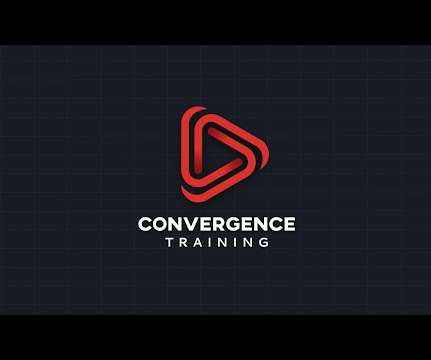How to Harness Informal Learning
Rob Hubbard
SEPTEMBER 30, 2010
Informal learning, like the scenario above, takes place constantly in most organisations. It is estimated that probably as much of 80% of learning within an organisation is informal, with formal training constituting the other 20%. What is informal learning? How can informal learning be harnessed?
































Let's personalize your content